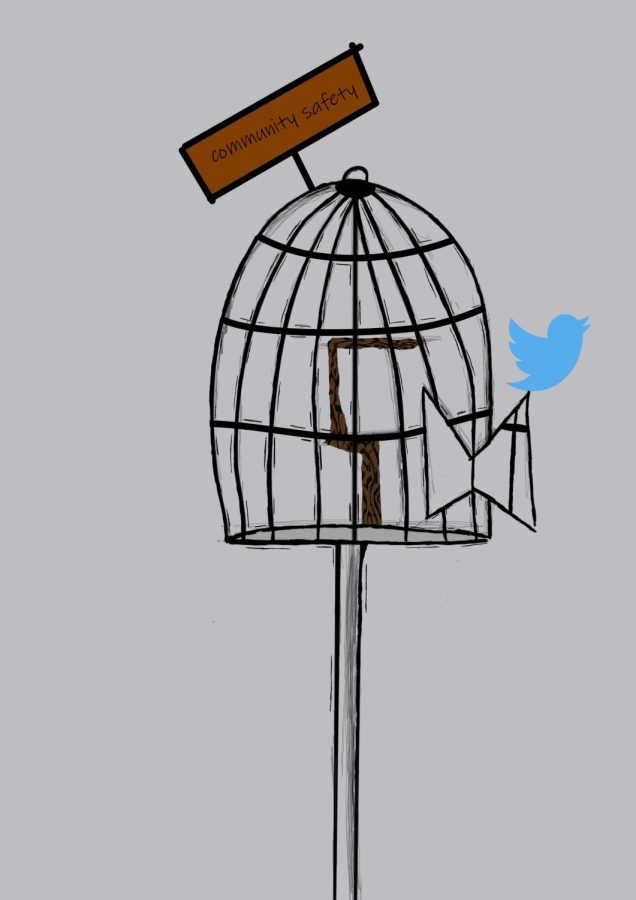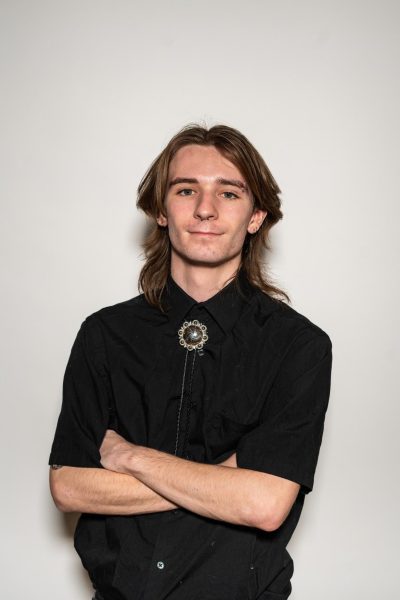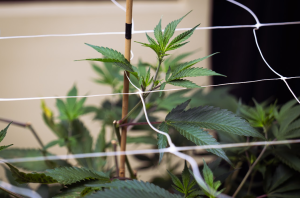Realist or Racist?
November 8, 2022
On Oct. 28, 2022, Elon Musk officially took control of Twitter, becoming the company’s new CEO. In April, Musk originally pitched the idea of buying Twitter so he could make it a digital “safe haven” for those who love free speech and the first amendment. While many support Musk’s efforts, numerous others claim to see past his charade into what is believed to be a terrible business deal and pandering towards his neo-conservative following.
After Musk purchased Twitter, the use of hate speech began to rise exponentially. According to the Network Contagion Research Institute, the use of the “n-word” rose by approximately 500% on Twitter. Users on the platform are pushing the limits of what is acceptable due to Musk’s tolerance and belief that Twitter needs to uphold the first amendment.
Normally this behavior would result in a ban, but this may no longer be feasible. Musk does not believe in permanent bans on the platform and even claimed that former President Donald J. Trump’s ban was “morally wrong and flat-out stupid,” per the British Broadcasting Company. Former President Trump was banned because of the Jan. 6 insurrection that was incited in part by his tweets. Musk’s claim that he did not deserve an account ban sets a dangerous precedent for the platform going forward, especially with the notion that Musk is considering removing the bans and restrictions on many accounts on the platform in the coming weeks.
Kanye West is one of the many people who are now being “encouraged” to spread their hateful rhetoric on Twitter. West’s account was previously restricted due to his infamous and now-deleted tweet claiming he would be “going DEATH CON 3 On JEWISH PEOPLE” and that he cannot be antisemitic because “black people are actually Jew.” In the wake of this tweet, Twitter’s moderation and curation teams, which Musk has since fired, removed the tweet and restricted his account. An account restriction allows others to view the restricted account, but the user of the account cannot interact with others or upload any new media.
The removal of Twitter’s curation and moderation teams is a significant loss in protecting individuals on the platform. The primary responsibilities of these teams were to fight misinformation, approve or remove content and regulate bans and restrictions. Unfortunately, with the majority of the employees on these teams having been sacked by Musk, there is practically no one there to judge whether uploaded content is hateful, extreme, illegal or dangerous to others. Much of this is shown through the rise of antisemitism on the platform by those like West.
Soon after Musk’s deal came through and many of Twitter’s staff members were fired, West’s account seemingly had its restriction removed, which led to West sharing an image of Brooklyn Nets point guard Kyrie Irving. Irving is stuck in his own controversy, having shared a documentary involving antisemitic and Black Israelite talking points. With this, it is clear that West is still attempting to push the antisemitic messages that he has been obsessing over in the past few months.
Anti-LGBTQ+ efforts have also been increasing on the platform since Musk’s arrival to the company. According to The Washington Post, trans-activist Erin Reed said, “Almost immediately I noticed an increase in anti-trans harassment, it’s very visible,” and “I’m seeing more people in comments with explicit threats, more misgendering, more harmful slurs.”
Twitter is quickly becoming a place for the far-right to gather to spread hateful messages with little to no repercussions. Racism, transphobia, antisemitism and more are increasing exponentially on the platform while its new leader turns a blind eye in hopes of creating a “free speech” utopia. Musk’s purchase of Twitter has further revealed his complacency with hate speech and far-right propaganda, and things may only get worse before they improve on Twitter.










